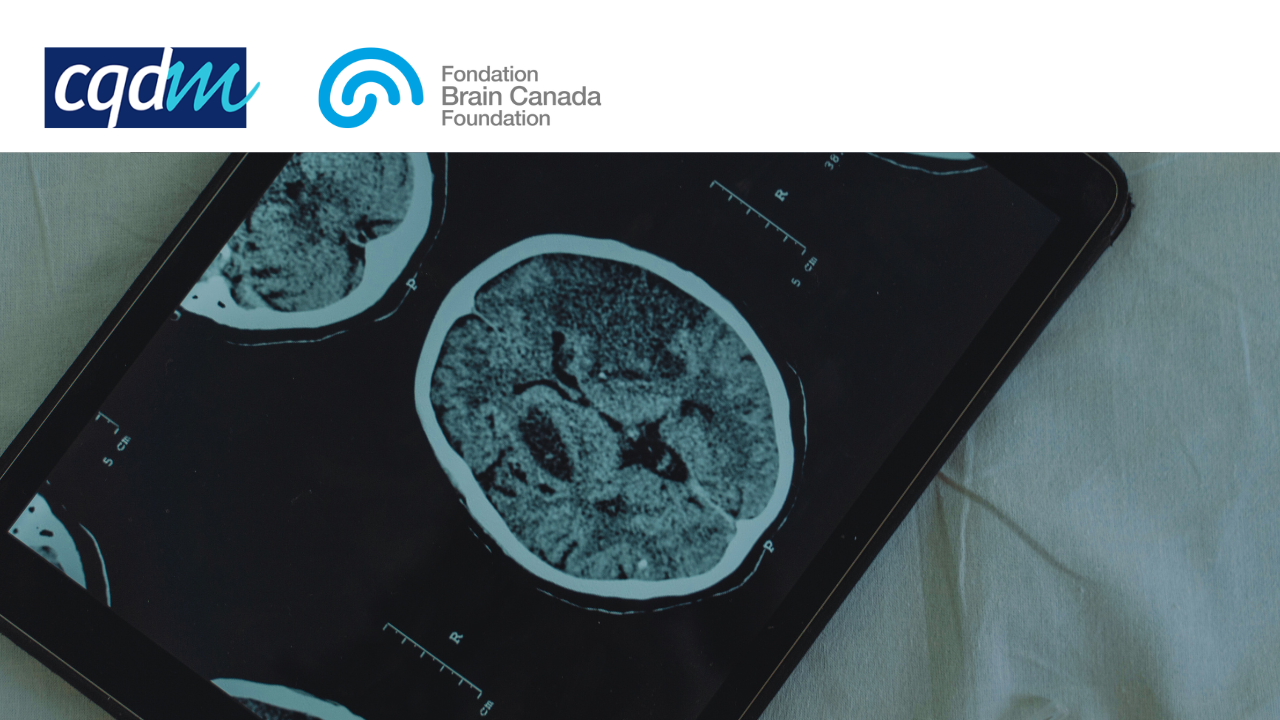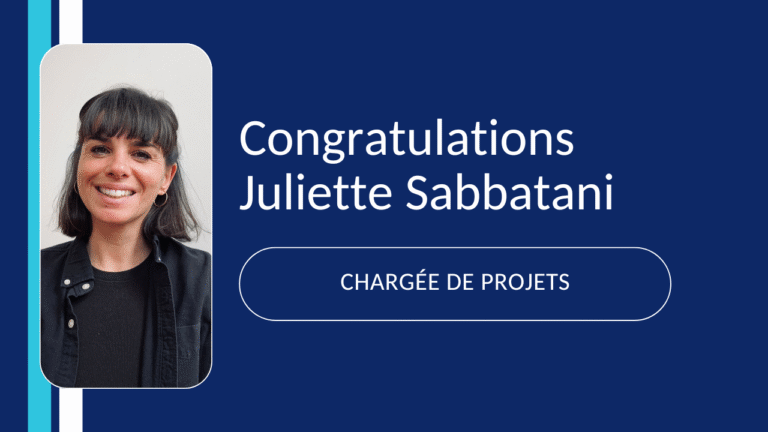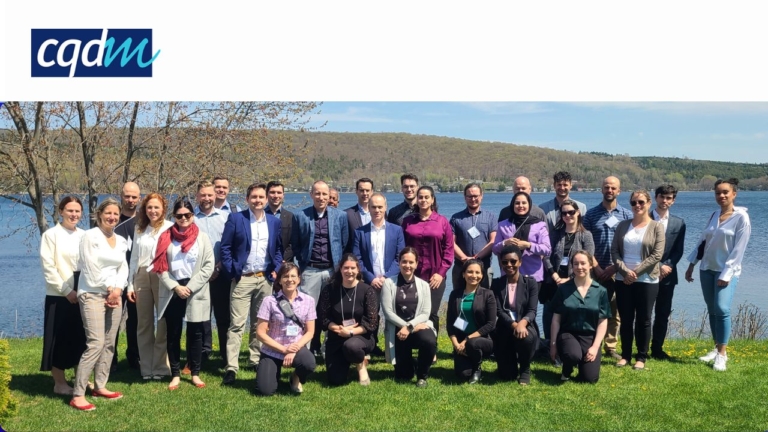
Announcement
MONTREAL, September 25, 2025 – CQDM and Brain Canada are proud to announce funding for five large-scale collaborative research projects that bring together academic, clinical, and industry partners across the country. These projects aim to transform promising scientific advances into concrete medical innovations. Funding has been made possible through grants from the Government of Québec, administered by CQDM, totaling of $2,452,745, with additional support from several industry partners, matched by a $2,961,693 contribution from Brain Canada, through the Canada Brain Research Fund (CBRF). The CBRF is a unique arrangement between the Government of Canada (through Health Canada) and Brain Canada.
An innovative biologic therapy for amyotrophic lateral sclerosis (ALS)
This project, with a total value of $881,122, is led by Prof. Andrew Bateman (Research Institute of the McGill University Health Centre) in partnership with company Neurodyn Life Sciences Inc. It also benefits from the expertise of Professors Jay Penney and Andrew Tasker (University of Prince Edward Island). The team is developing a novel biologic therapy to slow, or potentially functionally stabilize, the progression of ALS. The project explores the neuroprotective properties of granulins to counteract the toxic effects of the TDP-43 protein involved in disease progression. Two therapeutic formulations will be evaluated to support future clinical trials. By combining expertise across disciplines, this initiative seeks to improve the quality of life of patients while strengthening Canada’s leadership in neuroscience.
Using virtual reality as an innovative therapeutic approach for youth cognition and mental health
This project, FOCUS-VR, with a total value of $2,141,925, is co-led by Dr. Miriam Beauchamp (CHU Sainte-Justine) and Dr. Jennifer Crosbie (The Hospital for Sick Children) in collaboration with Neuro Solutions Group and Mr. Vincent Gagnon Shaigetz, Research Officer of the National Research Council of Canada’s (NRC) Medical Devices Research Centre (MD). It seeks to clinically validate a suite of virtual reality games developed by MD through their bWell platform and designed to assess and improve, via personalized interventions, executive functions in children and teenagers with attention deficit hyperactivity disorder (ADHD). The intervention will be conducted and evaluated at home through the integration of the VR games within the Kairos platform from the company Neuro Solutions Group. The flexibility of offering the intervention at home reduces barriers to care and allows broader access to the intervention, particularly for those outside of major cities. In addition, the proposed cognitive and behavioural interventions may also serve as complementary tools to biopharmaceutical treatments to improve function in children with ADHD. Not only will this help to optimize the treatments offered to children and youth with ADHD and other brain-based conditions, but it will directly benefit their quality of life and that of those around them.
A neuromodulation-based therapeutic solution for drug-resistant epilepsy
This project, with a total value of $2,283,004, is led by Prof. Réjean Fontaine (University of Sherbrooke) in partnership with Carbon Cybernetics Canada Ltd. The team also draws on complementary expertise in engineering, neuroscience, and neurosurgery from researchers at Western University and the University of Calgary. The project aims to spearhead preclinical studies to advance and validate a groundbreaking neuromodulation technology called Elatus. Elatus has the potential to revolutionize epilepsy treatment by providing clinicians with more accurate insights, offering patients with drug-resistant epilepsy the possibility of an autonomous, seizure-free life. As a result of this pan-Canadian collaboration, Carbon Cybernetics Canada Ltd aims to move this therapy into human clinical trials, with potential commercialization anticipated by 2030.
An in vivo CAR-T therapy for glioblastoma
This project, representing a total investment of $2,394,179, led by Dr. Ovidiu Jumanca (Institut de recherches cliniques de Montréal – IRCM), brings together expertise from CERASP, and Jenthera Therapeutics. It is also supported by an interprovincial collaboration with the Genome Editing and Molecular biology Core at the University of Ottawa. This project aims to establish a proof-of-concept framework for next-generation gene editing technology using the Jenthera’s proprietary gene editing Nuc-Nab platform technology., which can directly modify T cells through a simple injection, without viral vectors or complex cell manipulation. This pioneering approach enables a safe, accessible, and targeted immunotherapy capable of crossing the blood–brain barrier and has the potential to transform glioblastoma treatment. This cutting-edge therapy, unprecedented in its approach, has the potential to position Quebec at the forefront of oncology biotechnology.
A synthetic matrix to model neurodegenerative diseases
This project, with a total value of $613,333, is led by Prof. Timothy E. Kennedy (McGill University) in collaboration with multiple academic partners and company DendroTEK Biosciences. The team is developing a stable, reproducible synthetic matrix to replace Matrigel®, a key component in 2D and 3D cell culture. This matrix is optimized to support stem cell growth and the modeling of neurodegenerative diseases. This Quebec-based innovation at the crossroads of biotechnology and regenerative medicine promises to transform research in disease modeling and drug discovery, while creating major scientific and industrial impact.
Together, these projects aim to significantly accelerate neuroscience research, delivering tangible benefits for patients and their families.
« By investing in projects at the forefront of neuroscience innovation, we are helping to accelerate the path from research to real solutions, improving health outcomes and quality of life for Canadians », – Viviane Poupon, President and CEO of Brain Canada.
“These investments reflect our commitment to accelerating the transition from fundamental research to innovations with tangible impact, not only for patients affected by brain disorders, but also in terms of economic and societal benefits. These projects perfectly illustrate how collaboration enables the pooling of complementary, cutting-edge expertise, creating synergies that push the boundaries of science and help shape the future of healthcare.” said Véronique Dugas, President and CEO of CQDM.
-30 –
About Brain Canada
Brain Canada plays a unique and invaluable role as a national convenor of those who support and advance brain research. A greater understanding of how the brain works contributes to the prevention, diagnosis, treatment and cure of disorders of the brain, ultimately improving the health outcomes of people in Canada and around the world. To learn more, visit Braincanada.ca @BrainCanada
About CQDM
Biopharma Innovation Facilitator
CQDM is a not-for-profit biopharmaceutical research consortium whose mission is to support and facilitate collaborative multi-stakeholder research and development aimed at accelerating the translation or transformation of innovative technologies into solutions to unmet medical needs, while generating significant benefits for the Quebec and Canadian economy. For more information, consult our website https://cqdm.org/en/ and join us on LinkedIn.
Media Contacts:
Julia Serafino
Marketing and Communications Manager
CQDM
438-543-9498
[email protected]
Jillian Donnelly
Marketing and Communications Officer
Brain Canada
579 – 589 – 9319
[email protected]




